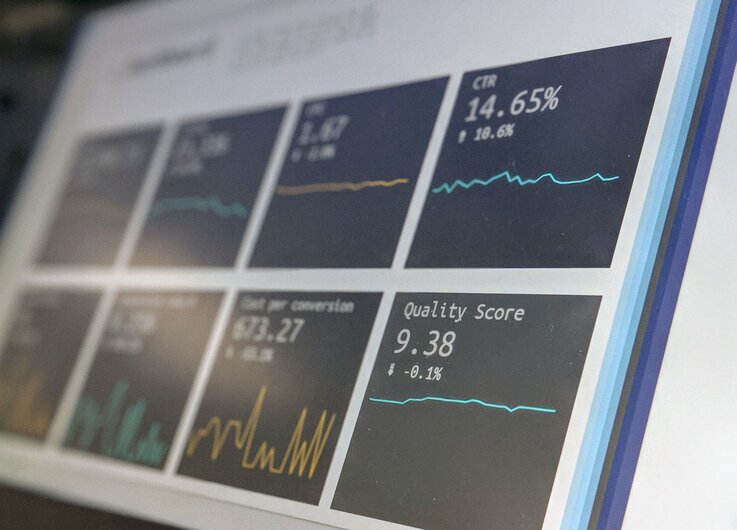A degree is okay to practice as a stockbroker, but most employers in the United States, United Kingdom, and Nigeria would prefer a degree holder in Economics, Finance, Accounting, Banking and Finance, Marketing, and Business Administration plus a professional certification.
The body that issues the professional certificate to stockbrokers varies from country to country.
Here is what you need to do to become a stockbroker in the following countries:
South Africa
To operate as a stockbroker in South Africa, the Johannesburg Securities Exchange stipulates that you must be under the control of a qualified stockbroker, who must also be an executive director of a stock brokerage firm.
You must be certified by the South African Institute of Stockbrokers (SAIS) and after passing the institute’s six exams, you can use the designation CSb(SA).
As earlier mentioned, you need a degree in any of the related courses and three years of work experience.
Australia
- Have a degree in commerce, accounting, economics or finance
- If your course of study isn’t related to the ones mentioned above, you can obtain a postgraduate degree in finance.
- Get a certification from the Stock Brokers Association of Australia.
- Next is to register with the Australian Securities and Investments Commission (ASIC), a body that regulates registered companies, financial markets, and providers of financial services and credit services.
- To be certified by ASIC, your qualification isn’t enough, you also have to show years of experience and progression as a stockbroker.
United States
- Have a finance-related degree or have a certain number of years within the financial or investment sector.
- Complete an internship
- Gain sponsorship from a Financial Industry Regulatory Authority (FINRA). FINRA is a self-regulatory organization, regulates investment professionals in the U.S.
- Pass the licensing General Securities Representative Exam.
- To operate in the United States, you must have passed the Series 7 exam, the Uniform Securities Agent State Law Exam (Series 63), the Uniform Combined State Law Exam (Series 66), and the Uniform Investment Adviser Law Exam (Series 65).
Nigeria
- Apart from having a degree in finance-related fields, you must be registered with the Chartered Institute of Stockbrokers (CIS Nigeria).
- Even if you didn’t study any finance-related degree, you can practice after enrolling for and passing the CIS professional courses. For instance, some qualified lawyers and individuals have a degree in engineering, who are today professional stockbrokers after passing the required professional exams and with years of experience in stock brokerage.
- However, having a professional certification in the Certified International Investment Analyst (CIIA) program will be an added advantage.
- And finally, you have to register as a Dealing member of the Nigeria Exchange Group (NGX).
New Zealand
The New Zealand Qualifications Authority ensures that practising stockbrokers have the minimum qualification.
In addition to your degree, you need the New Zealand Certificate in Financial Services (Level 5) to offer investment advice.
Singapore
You have to pass four examination modules 1A, 5, 6 and 6A, from the Institute of Banking and Finance.
After that, you will have to be certified by the Monetary Authority of Singapore (MAS) and Singapore Exchange (SGX).
South Korea
Licensing of investment professionals in South Korea is the sole responsibility of the Korea Financial Investment Association. You have to be a member of this association.
United Kingdom
You must be a member of the Chartered Institute for Securities & Investment (CISI). CISI is the largest UK professional body for investment professionals with about 45,000 professional members. CISI certification isn’t restricted to UK residents, investment professionals around the world can apply.
The qualifications issued by CISI have categories, including the CISI Level 4 Diploma in Investment Advice and the CISI Level 7 Diploma in Wealth Management.
Chartered Financial Analysts (CFA UK) also offer various FCA Appropriate Qualifications.
You can register and get certified by the Financial Conduct Authority (FCA).
Where do they work?
Stockbrokers can work in the following companies:
- Brokerage firms such as SoFi, Fidelity, Charles Schwab in the U.S.; Afrinvest Securities Limited, ARM Securities Limited in Nigeria etc.
- Banks such as Stanbic IBTC (Nigeria), JPMorgan Chase Bank, Wells Fargo Bank, Bank of America etc
- Work independently as an investment advisor provided they are certified and regulated by the relevant regulatory bodies.
- They can start as investment analysts by blogging.


